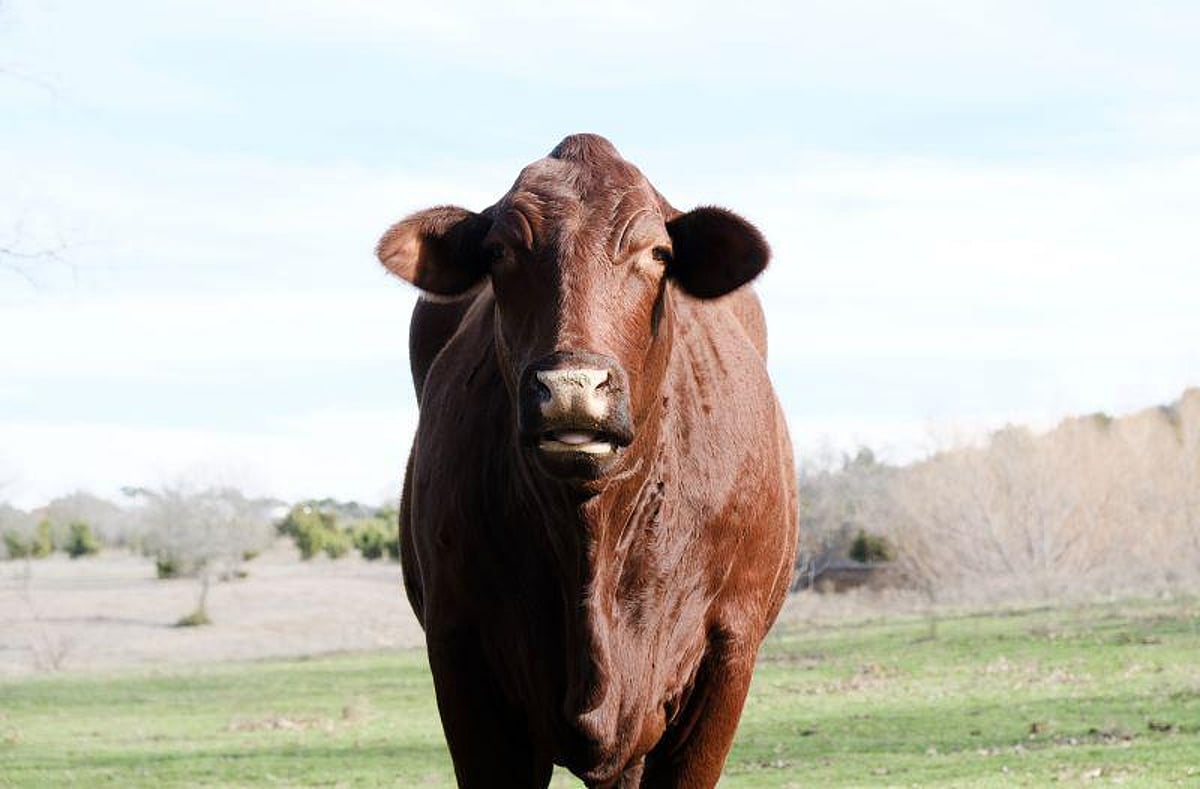FDA Says Gene-Edited Cattle Are Safe to Eat

TUESDAY, March 8, 2022 (HealthDay News) -- The U.S. Food and Drug Administration on Monday gave the green light to the sale of beef from gene-edited cattle.
"Today's decision underscores our commitment to using a risk and science-based, data-driven process that focuses on safety to the animals containing intentional genomic alterations and safety to the people who eat the food produced by these animals," Steven M. Solomon, M.D., director of the FDA Center for Veterinary Medicine, said in an agency news release. "We expect that our decision will encourage other developers to bring animal biotechnology products forward for the FDA's risk determination in this rapidly developing field, paving the way for animals containing low-risk IGAs [intentional genomic alterations] to more efficiently reach the marketplace."
Created by Recombinetics, the cattle are the third genetically altered animals approved for human consumption in this country after salmon and pigs. Many other foods, including soybeans and corn, are made with genetically modified ingredients.
The cattle had genes altered with CRISPR technology to have short, slick coats that help withstand hot weather. Cattle that are not stressed by heat might gain more weight, making for more efficient meat production.
The company did not say when home cooks or restaurants might be able to buy the beef, but the FDA said it could reach the market in as early as two years. Unlike the salmon and pigs, the cattle did not have to go through a lengthy approval process. The FDA said the cattle were exempt from the process because their genetic makeup is similar to that of other existing cattle and the trait can be found naturally in some breeds.
Related Posts
Light Alcohol Intake May Not Protect Against Cardiovascular Disease
WEDNESDAY, March 30, 2022 (HealthDay News) -- Alcohol intake at all levels is...
Lo que potencia la inmunidad es el número de dosis de las vacunas contra la COVID, no la combinación
JUEVES, 2 de junio de 2022 (HealthDay News) -- El número de dosis recibidas de...
Los estadounidenses de más de 50 quieren ‘envejecer en casa’, pero muchos no están preparados: encuesta
MIÉRCOLES, 13 de abril de 2022 (HealthDay News) -- La gran mayoría de los...
Un peligroso virus encontrado en los monos podría saltar a los humanos
MARTES, 4 de octubre de 2022 (HealthDay News) -- La comunidad global de salud...
